Principals Moritz Ammelburg and Peter Fasse Author Managing IP Article “Coordinating Patent Prosecution in the U.S. and Europe”
Fish & Richardson Trademark & Copyright Thoughts
JUNE 14, 2022
When applying for a patent at the USPTO, the applicant must name all inventors of the invention claimed in the patent application. Absent an assignment, each joint inventor may exploit the invention without the permission of, and without accounting to, the other joint inventors. Practice tip. Right of priority.


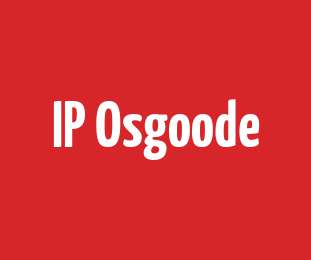
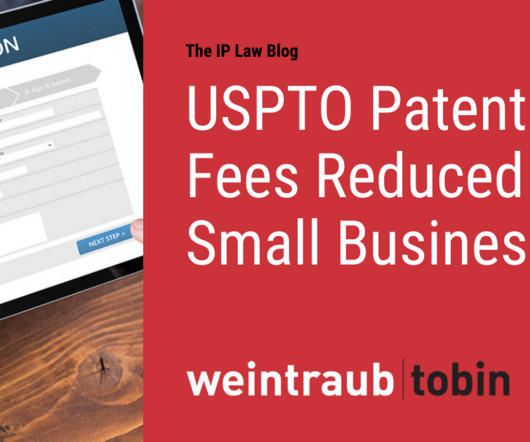
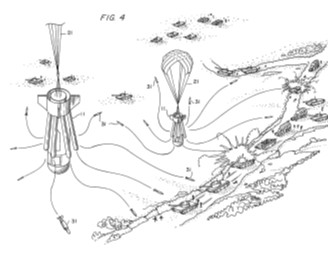




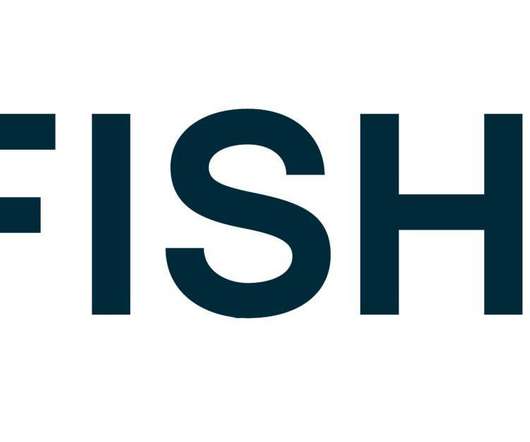


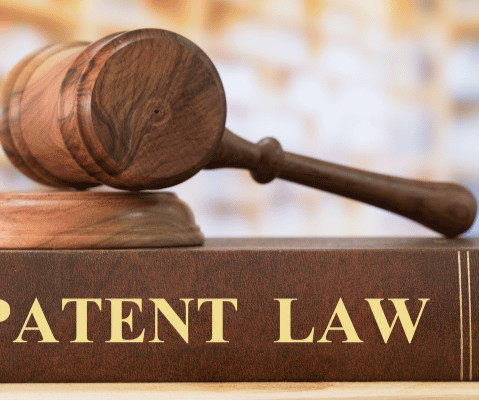






Let's personalize your content